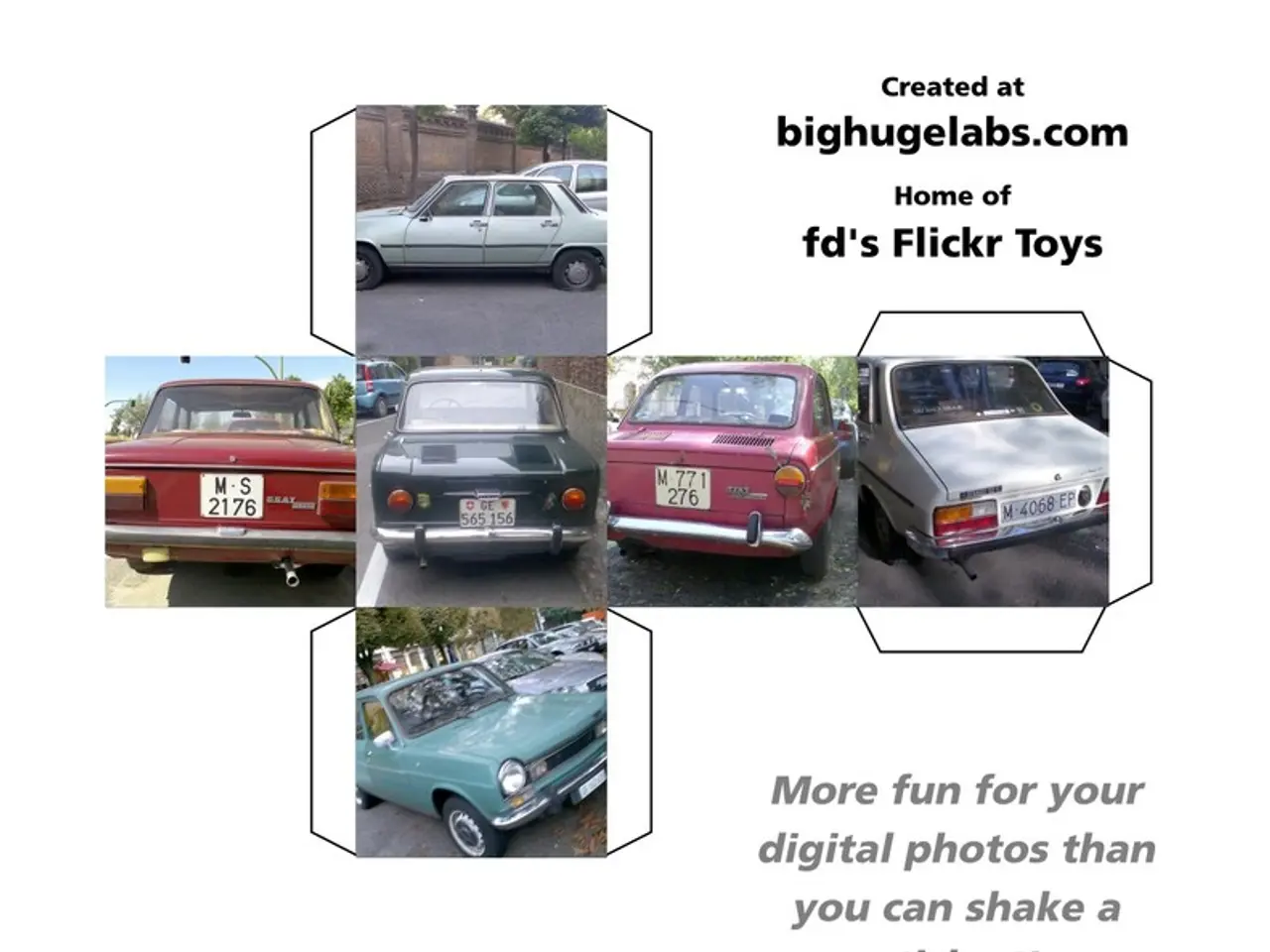Baden-Württemberg's Car Manufacturing Strategy, According to Ozdemir
Germany's Automobile Industry Embraces Future Technologies Amidst Global Competition
Germany's automobile industry is charting a course for the future, with a focus on rapid electrification, advanced digitization, and strategic international cooperation. The industry is investing heavily in digitized electric vehicles (EVs), cutting-edge battery technologies, software development, and autonomous driving to maintain its competitive edge against China and the USA.
Cem Özdemir, the Green Party's top candidate for the upcoming spring election in Baden-Württemberg, supports the continuation of the automobile industry in the southwest. He believes that maintaining technological leadership in digitized cars with electric drive is crucial for the success of the industry.
The USA and China are major competitors in the automobile industry, and the southwest is not immune to the challenges. Locations like Untertürkheim, Zuffenhausen, and Rastatt have been hit hard, with Mercedes-Benz and Porsche recently suffering significant profit losses.
However, the industry in the southwest has taken up the challenge of future technologies. German automakers such as Volkswagen, BMW, and Mercedes-Benz are prioritizing battery-electric vehicles (BEVs) to meet stringent EU climate goals. They emphasize scalable, cost-effective EV platforms and are collaborating with Chinese firms to leverage advanced battery technology and scale production efficiently.
Leading German brands are also enhancing their competitiveness by investing in software for autonomous driving and driver assistance systems. For example, BMW partners with Chinese tech company Momenta to co-develop next-generation driver assistance tailored to local markets, reflecting a blend of German engineering and Chinese AI expertise.
The German government and industry are investing heavily in Industry 4.0 initiatives to digitize manufacturing. Programs like Plattform Industrie 4.0 and Manufacturing-X promote smart factories with interoperable machine and IT systems, improving production efficiency and flexibility. Companies like Bosch and SAP are spearheading this digital transformation.
German automakers sustain profitability through an integrated production strategy combining high-end R&D and premium vehicle manufacturing in Germany with cost-efficient production in Central and Eastern Europe. They also pivot towards growing Asian and Eastern European markets to offset domestic market stagnation, utilizing regional synergies and export demand, especially from China’s expanding middle class.
Collaboration with Chinese firms provides access to battery innovation and regulatory stability amid rising U.S. tariffs and geopolitical trade tensions. German automakers are lobbying for EU subsidies and infrastructure investments to support EV adoption and compete effectively against subsidized Chinese EV manufacturers. This includes investing in battery recycling and green hydrogen as part of longer-term sustainability efforts.
However, solutions are needed to ensure the automobile industry and its employees are not left disadvantaged. Özdemir emphasizes the need to find solutions to protect the industry and its workers from being left behind in the global race for technological supremacy. He states that China has become a significant competitor, even overtaking in some areas, in the automobile industry. The USA, he believes, is not playing by fair rules, possibly referring to tariffs.
In sum, Germany’s auto industry combines electrification, software-driven autonomous tech, manufacturing digitization (Industry 4.0), and international strategic partnerships—notably with China—to maintain a competitive technological edge despite rising global trade challenges.
- Germany's automotive industry collaborates with Chinese firms to access advanced battery technology and improve production efficiency, as seen in BMW's partnership with Momenta for next-generation driver assistance.
- To maintain its competitive edge in the finance sector, the automobile industry invests heavily in digitized electric vehicles, battery technologies, software development, and autonomous driving, influenced by global competition, particularly from the USA and China.
- Cem Özdemir advocates for preserving technological leadership in the transportation sector, emphasizing digitized cars with electric drive systems, to ensure the continuation of Germany's successful automotive industry, particularly in regions such as Baden-Württemberg.




